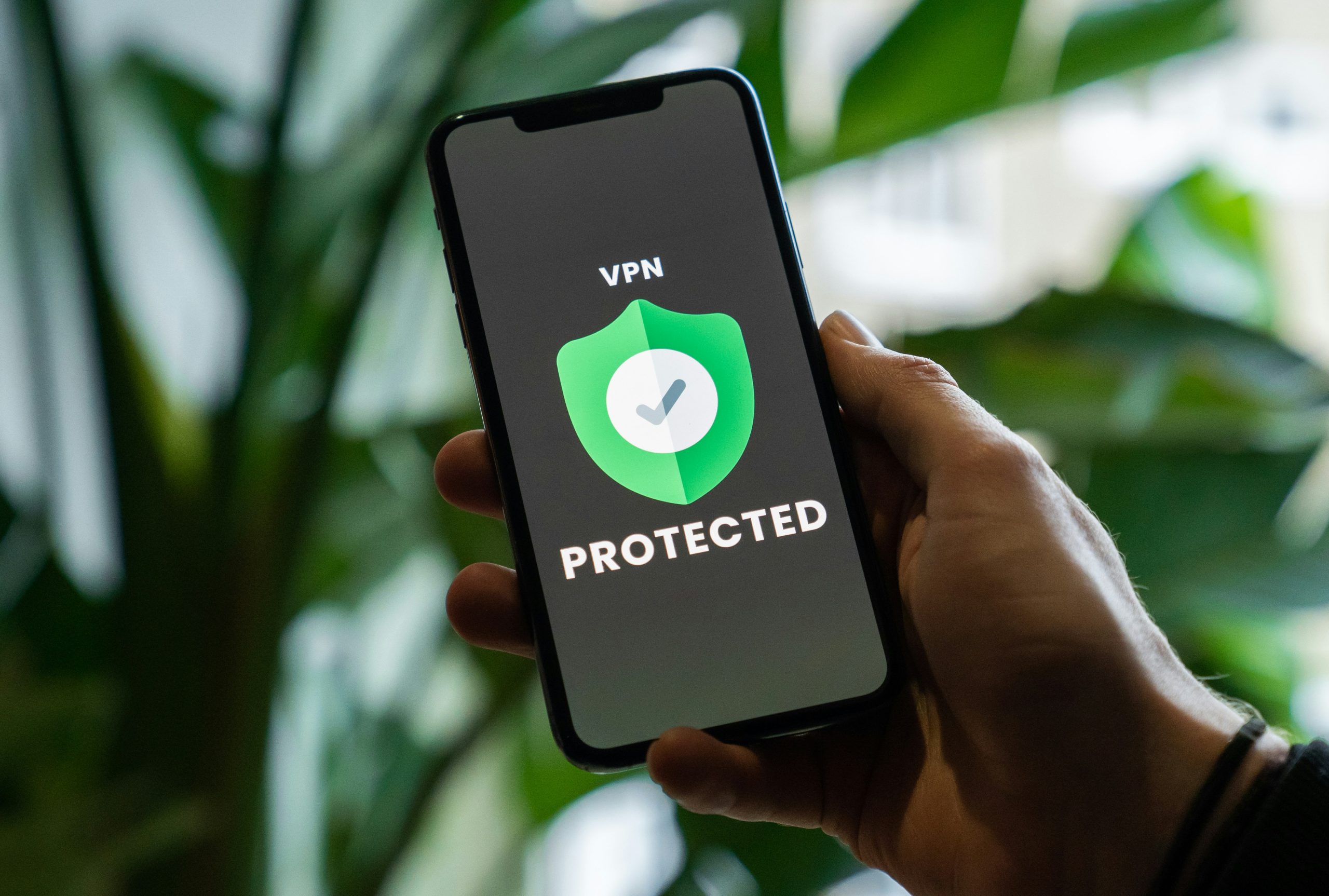
- Posted on
- Brett Osborn
A Guide to VPNs and Proxy Servers and Which Suits Your Needs
In today’s digital world, privacy and security are of utmost importance when accessing the internet. Two popular methods to ensure online safety are Virtual Private Network (VPN) and proxy servers. Both have their unique features and benefits, but they differ in terms of functionality, speed, cost, and usability.
Functionality:
A VPN creates a secure connection between your device and the internet by encrypting all data transmitted over the network. This ensures that your online activities remain private and protected from potential threats. On the other hand, a proxy server acts as an intermediary between your device and the internet, allowing you to access blocked websites or bypass geographical restrictions.
Speed:
When it comes to speed, a proxy server is generally faster than a VPN. This is because proxies do not encrypt data, which reduces the processing time required for encryption and decryption. However, this also means that your online activities are less secure when using a proxy server.
Cost:
The cost of using a VPN or proxy server depends on various factors such as the quality of service, number of servers available, and additional features offered by the provider. While there are free proxies available, they often come with limitations in terms of bandwidth and speed. On the other hand, paid VPN services offer more reliable connections and better security features at a higher cost.
Usability:
VPNs provide a more comprehensive solution for online privacy and security, as they encrypt all data transmitted over the network. This makes them ideal for users who require a high level of protection while accessing sensitive information or conducting financial transactions online. Proxy servers are better suited for users who primarily need to bypass geographical restrictions or access blocked websites without compromising their privacy.
In conclusion, both VPNs and proxy servers have their unique advantages and disadvantages when it comes to ensuring online security and privacy. The choice between the two depends on your specific needs and requirements. If you prioritize speed and want to bypass geographical restrictions, a proxy server may be the best option for you. However, if you require a higher level of protection and encryption for your online activities, a VPN is the way to go. Learn more about personal device and network security and the options PiDoxa can provide.

